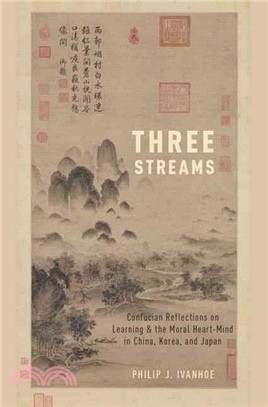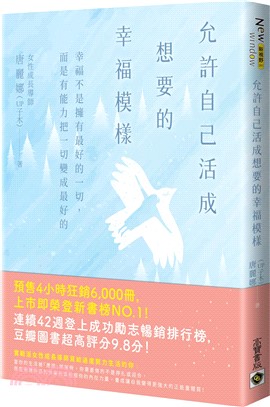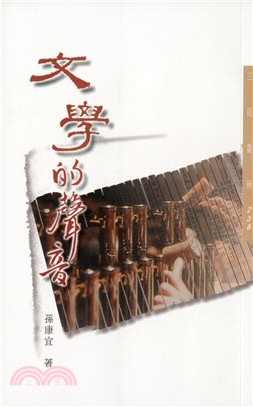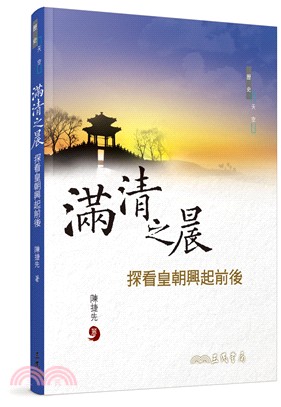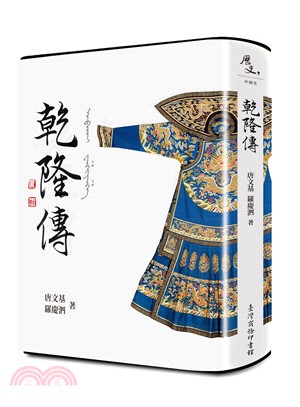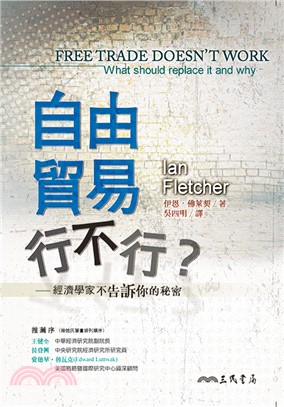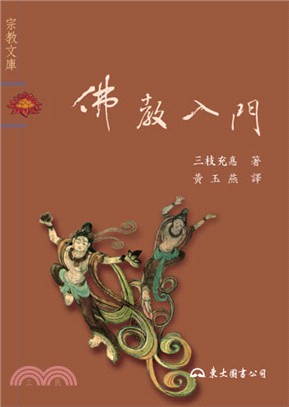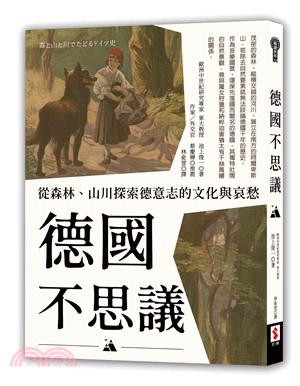Three Streams ─ Confucian Reflections on Learning and the Moral Heart-Mind in China, Korea, and Japan
商品資訊
定價
:NT$ 6890 元優惠價
:90 折 6201 元
若需訂購本書,請電洽客服 02-25006600[分機130、131]。
相關商品
商品簡介
作者簡介
商品簡介
Recent interest in Confucianism has a tendency to suffer from essentialism and idealism, manifested in a variety of ways. One example is to think of Confucianism in terms of the views attributed to one representative of the tradition, such as Kongzi (Confucius) (551-479 BCE) or Mengzi (Mencius) (372 - 289 BCE) or one school or strand of the tradition, most often the strand or tradition associated with Mengzi or, in the later tradition, that formed around the commentaries and interpretation of Zhu Xi (1130-1200). Another such tendency is to think of Confucianism in terms of its manifestations in only one country; this is almost always China for the obvious reasons that China is one of the most powerful and influential states in the world today. A third tendency is to present Confucianism in terms of only one period or moment in the tradition; for example, among ethical and political philosophers, pre-Qin Confucianism-usually taken to be the writings attributed to Kongzi, Mengzi, and, if we are lucky, Xunzi (479-221 BCE)-often is taken as "Confucianism." These and other forms of essentialism and idealism have led to a widespread and deeply entrenched impression that Confucianism is thoroughly homogenous and monolithic (these often are "facts" mustered to support the purportedly oppressive, authoritarian, and constricted nature of the tradition); such impressions can be found throughout East Asia and dominate in the West. This is quite deplorable for it gives us no genuine sense of the creatively rich, philosophically powerful, highly variegated, and still very much open-ended nature of the Confucian tradition. This volume addresses this misconstrual and misrepresentation of Confucianism by presenting a philosophically critical account of different Confucian thinkers and schools, across place (China, Korea, and Japan) and time (the 10th to 19th centuries).
作者簡介
Philip J. Ivanhoe (Ph.D. Stanford University) is Chair Professor of East Asian and Comparative Philosophy and Religion at City University of Hong Kong, where he also serves as director of the Center for East Asian and Comparative Philosophy (CEACOP), the Laboratory on Korean Philosophy in Comparative Perspectives, and the project Eastern and Western Conceptions of Oneness, Virtue, and Human Happiness. He specializes in the history of East Asian philosophy and religion and its potential for contemporary ethics.
主題書展
更多
主題書展
更多書展本週66折
您曾經瀏覽過的商品
購物須知
外文書商品之書封,為出版社提供之樣本。實際出貨商品,以出版社所提供之現有版本為主。部份書籍,因出版社供應狀況特殊,匯率將依實際狀況做調整。
無庫存之商品,在您完成訂單程序之後,將以空運的方式為你下單調貨。為了縮短等待的時間,建議您將外文書與其他商品分開下單,以獲得最快的取貨速度,平均調貨時間為1~2個月。
為了保護您的權益,「三民網路書店」提供會員七日商品鑑賞期(收到商品為起始日)。
若要辦理退貨,請在商品鑑賞期內寄回,且商品必須是全新狀態與完整包裝(商品、附件、發票、隨貨贈品等)否則恕不接受退貨。




